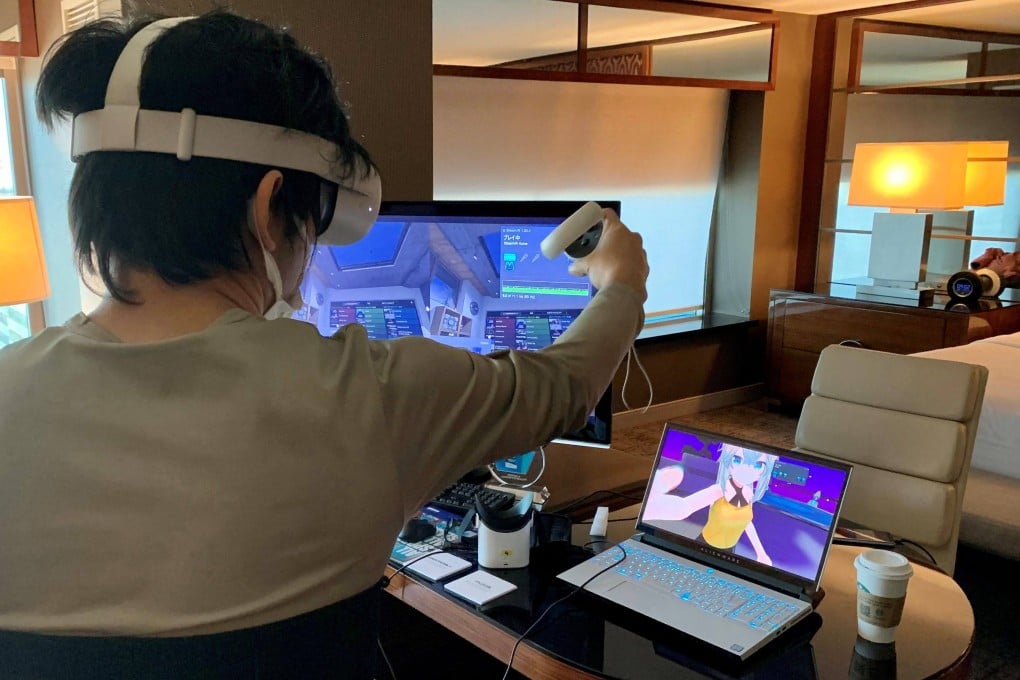China’s metaverse frenzy reaches new heights as number of trademark applications hits 16,000
- The country’s intellectual property agency has warned businesses against 'abusing' the trademark application process
- Authorities have rejected a number of metaverse-related trademark applications from major tech companies

The number of metaverse-related trademark applications in China has reached 16,000, according to a local media report, as the frenzy over what some consider the next iteration of the internet continues despite government warnings over “market hype”.
That figure – reported on Monday by Shanghai-based Thepaper.cn, citing data from the National Intellectual Property Administration – is nearly double the number recorded two months ago, when the country had a total of 8,534 metaverse-related trademark applications, according to business and trademark registration tracking firm Tianyancha.
Despite the rising number of trademark applications tied to the metaverse concept – or yuanyuzhou in Mandarin – the government agency has so far approved few applications. Authorities have also warned against “abuse” of the trademark application process, vowing to reject “malicious” registration of trademarks aimed at hyping up the concept rather than for actual use.
The agency’s message is the latest sign that Beijing is committed to clamping down on metaverse speculation.
On Monday, the China Mobile Communications Association on Metaverse Consensus Circle – a new state-backed association comprising more than a hundred companies – issued a guideline, stating that the industry needs to prevent market speculation and bubbles.
“Illegal financial activities, such as fabricating fake metaverse investment projects and issuing metaverse virtual currencies, should be resisted,” said the statement, which was posted on the group’s official website.